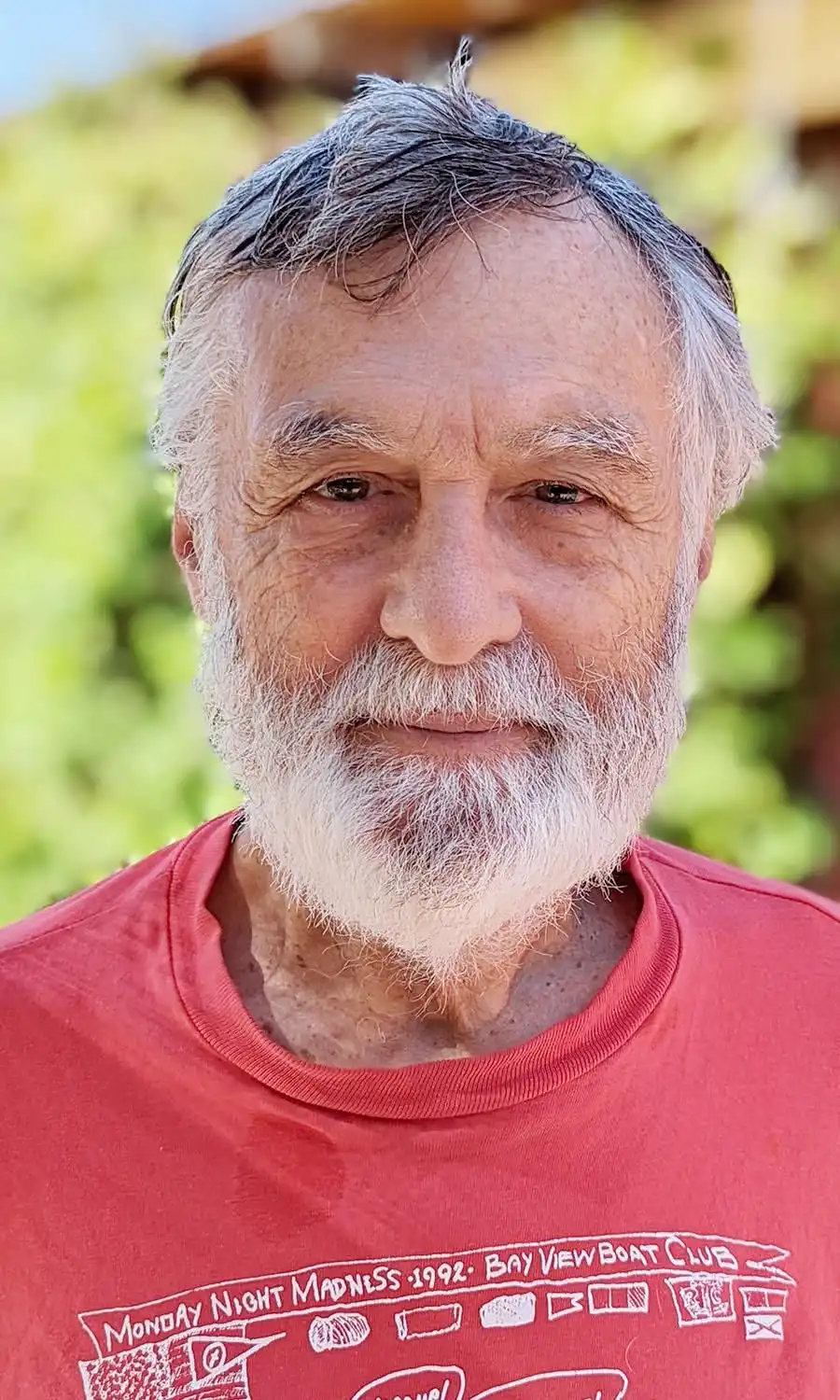Martin Luther King Day: national holiday or not?
Man recalls walking in Manhattan when Martin Luther King Jr. was shot, reflecting on racism and his experiences with civil rights.
I vividly remember the April evening when I was walking along Manhattan's 3rd Street, trying to process the shocking news that Dr. King had been shot. As a foot soldier in the civil rights movement, I was deeply inspired by King and his work. After witnessing the racial inequality in Selma, I decided to do civil rights work in a rural county east of Memphis, where many Black families lived in shacks and faced discrimination.
As I walked along 3rd Street, I made eye contact with some Black guys who were also standing around. I felt helpless and sad, thinking of King's assassination. One of the guys reached out to hand me something, and I thought he was poking a lighted cigarette into my palm. However, I soon realized that he was handing me a marijuana joint. I took a hit and reflected on how the moment had affected me deeply.
Our country has made great strides in terms of racial equality, but we must not forget or ignore the prevalence of racism. In my small suburban village, my mother started a neighborhood Cub Scout den that included Jewish kids, Protestant kids, and two Black kids. It was nothing we thought about, but I later learned that some mothers had objected to the inclusion of Black kids in the den.
In high school, I witnessed ethnic tension between Black and Italian kids. Although I was friends with both groups, they didn't mix much. Later, while working with kids in Harlem, I had long conversations with them. As a White person, I was seen as strange to them, much like I was to Tibetan Khampas, who were amazed by the hair growing from the back of my hand.
I also recall a time in Tennessee when we took a local kid out for lunch to celebrate something with him. When we asked where we should go, he chose a diner where his brother had once been attacked for trying to integrate. We went to the diner, and the owner tried to drive us away by putting an excessive amount of hot sauce on our hamburgers. When I tried to pay, she insisted that "the [N-word] pays."
Dr. King grew up in the South, where racial segregation and discrimination were rampant. Even as a child, he experienced the oppressive nature of racism, being sent to a different school than his White friend and being told by his friend's parents that they were White and he was Colored. Despite this, King's parents taught him the Christian duty to love all people, regardless of their race.
The oppression that ultimately led to King's assassination was a constant presence in his life. As a nation, we must honor his legacy while acknowledging the injustices he faced. It is essential to remember how the nation treated him and to continue working towards racial equality and justice for all.











Comments on Martin Luther King Day: national holiday or not?